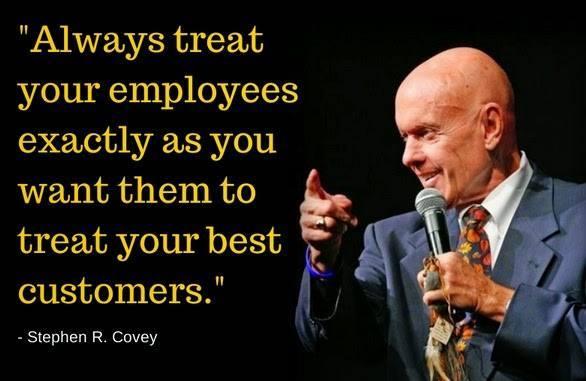As well as Helping Engineering teams work together you'll also review the way departments interact at a higher level.
Soon after meeting your team, reach out to all department heads (and your peers in those departments if relevant).
Identify the key people who lead the organization and start conversations with them. Ideally these are people on-site and you can meet personally - lunch? - but try to have a video call if not.
Include the entire company, not just the "product-related departments" such as QA, Product, PMO, DevOps, Operations, Customer Service, IT. You will naturally find touchpoints with those departments in any case.
In particular, find the leaders in Finance and HR. Both offices often have a bad rap but they can help you enormously.
HR are literally the most human-focused department, and you'll already know that I value the team above all else.
In case you need reminding:

The HR Department
HR are wonderful allies. To start, ask them for:
- Personnel history
- Start dates
- Salary history
- Dates of last raise or promotion
- Work visas
- Their perception of team members
- Details of any verbal warnings, written warnings or Performance Improvement Plans (PIPs) in place
And most importantly, ask them for their perception of the team, each department and any existing tensions. HR is full of very empathetic people.
HR also encompasses recruiting and onboarding processes that you'll want to be deeply involved with.
Recruiting will be discussed later in depth, but I'll state this much now - hire for personality and train for expertise, never the other way around.
The Finance Department
Say what you will, but these guys have numbers that can help you. They always track how much everyone costs, but they may also track what the team works on via timesheets.
These tell you how much each project costs, and ideally that results in project profitability data.
Compare timesheets with original estimates, and you have historical data to improve your estimates over time. A feedback loop.
Finance also manages the budgets, so they can give you details for this year and next, hopefully in time for you to influence any changes.
If your budget is in danger - from overspending or underspending - find out early.
The Product-Related Departments
When meeting with leaders of QA, Product, PMO, etc, ask them outright about the history of the interaction between teams.
In particular, ask "Is there enough interaction?"
It's not uncommon to find that there is very little high-level communication, with all conversations being reactions to events.
Which departments publish weekly status reports? Ideally all of them, and the reports are shared often with searchable archives.
Do they all attend Engineering weekly product demos?
Is there any existing tension? If so, it can be due to historical reasons that are no longer relevant. An old Department Head that pissed off others - now gone, but the mistrust persists.
Or old habits like missed deadlines, poor estimates or low quality that are largely corrected, but the bad taste remains.
Start off on the right foot by promising that your intent is to encourage continuous improvement, and encourage them to give you feedback early and often.
Promise to Tell Them Everything and ask for the same in return.

